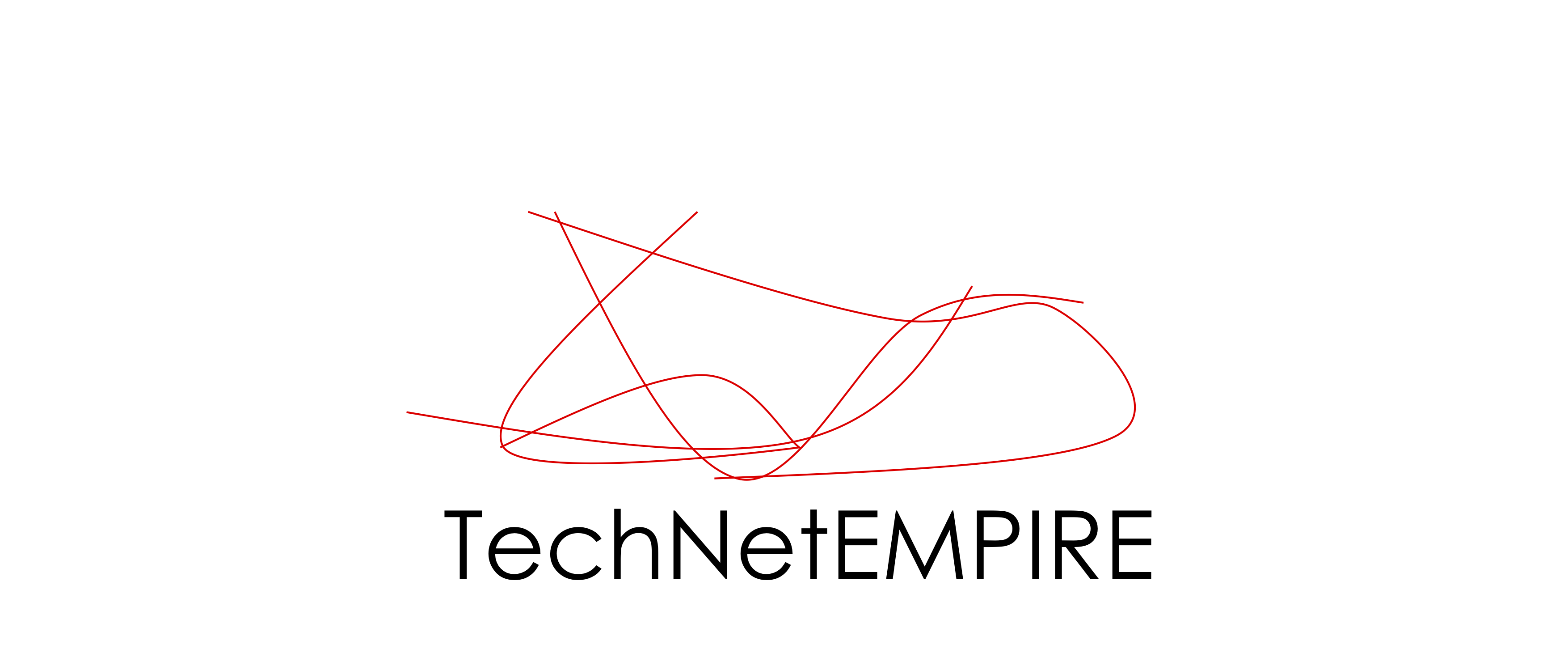Conference will at place in Colégio Almada Negreiros, 2º Floor, Room 209.
Working language: English. Hours are presented in Lisbon time (0 UTC/GMT time)
DAY 1 . 3 FEBRUARY . THURSDAY
09h30 . Project work meeting (project members only)
11h00 . Opening
11h20-13h00 . Session 1
CHAIR: Antonieta Reis Leite
Building expertise. Learning places in the Portuguese Empire
Renata Malcher de Araujo, CHAM, FCSH, Universidade NOVA de Lisboa e Universidade do Algarve
Margarida Tavares da Conceição, IHA, FCSH, Universidade NOVA de Lisboa
Alice Santiago Faria, CHAM, FCSH, Universidade NOVA de Lisboa
Servants of Mathesis. Early 17th-century teaching in geometry and fortification and digital mathematics education
Charles van den Heuvel, Huygens Institute for the History of the Netherlands (KNAW), University of Amsterdam
Henk Hietbrink, Independent scholar
Mapping and Visualizing the Connected Colonial Worlds in Dutch and Portuguese mid-seventeenth-century vistas, maps, land and sea surveys. The case of Cosimo III de Medici’s “Carte di Castello”
Angelo Cattaneo, CNR – Consiglio Nazionale delle Ricerche / National Research Council, Rome
Engineers for the Empire: from the Academies of Mathematics in Spain to fortification practices in American territories (eighteenth century)
Jorge Galindo-Diaz, Universidad Nacional de Colombia
12h40-13h00 . Discussion
13h-14h30 . Lunch Break
CHAIR: Jorge Correira
The Royal Houses of Panamá (16th and 17th century): the idea of a fortification
Silvia Arroyo Duarte, Universidad de Panamá / Sistema Nacional de Investigación
Academic vs Colonial Fortification. Cultural Dialogue on Building Techniques in the Spanish Caribbean and the Philippines
Pedro Luengo, Universidad de Sevilla
Skills and Actions of the Portuguese Military Engineer Diogo da Silveira Veloso. Analysis of the Inspection Reports of Fortifications in the Captaincy Pernambuco – Brazil
Clovis Ramiro Jucá Neto, Universidade Federal Do Ceará
Cartography and mining in Acaraú hinterlands: mapping engineers and practioners in Ceará, Brazil (1761-1861)
Isabelle Mendonça de Carvalho, Master’s Student in Architecture and Urbanism at the University of São Paulo
Beatriz Piccolotto Siqueira Bueno, Associate professor at the School of Architecture and Urbanism, University of São Paulo
15h50-16h10 . Discussion
16h10-16h30 . Coffee break
KAREL DAVIDS Empires, agents and knowledge: A view from the sea
17h30-18h00 . Discussion & Closing
DAY 2 . 4 FEBRUARY . FRIDAY
09h30 . Project work meeting (project members only)
CHAIR: Renata Malcher de Araujo
From the theory to practice. Military engineering in the Gulf of Mexico during the second half of the 18th century
Miguel Ángel Nieto Marquez, Universidad de Sevilla
(In)formal learning: military engineer education in Luanda in the 18th Century
Sara Ventura da Cruz, Institute of Interdisciplinary Research (III-UC) and the Centre for Social Studies (CES-UC) of the University of Coimbra
Building a “New Word” in the Azores Archipelago: The enlightenment and its agents
Antonieta Reis Leite, Centre for Social Studies University of Coimbra
Drawing the Territory and clamming borders. Cartographic expeditions in southern Brazil in the middle of the 18th century
João Paulo Cabeleira Marques Coelho, Lab2PT/EAAD
A Luso-Brazilian cartographer in the era of constitutional revolutions: José Fernandes Portugal
Iris Kantor, Universidade de São Paulo
12h40 -13h00 . Discussion
13h-14h30 . Lunch Break
CHAIR: Mafalda Pacheco
On building Empires: colonial companies, spatial planning and the circulation of knowledge
Beatriz Serrazina, Centre for Social Studies, University of Coimbra
The Professional Training in the Field of Architecture in 19th Century Mexico City and Rio de Janeiro: Institutions and Temporalities
Karolyna de Paula Koppke, Programa de Pós-Graduação em Arquitetura – Universidade Federal do Rio de Janeiro (PROARQ/UFRJ) and Ibmec RJ
Culture and Technology in the Kingdom of Italy: the Politecnico di Milano
Ludovica Cappelletti, Politecnico di Milano, Italy
Nikolay Grech-an innovator in Russian military and technical schools of the 19 century
[selected author failed presentation]
15h50h-16h10 . Discussion
16h10-16h30 . Coffee break
EMILIE D’ORGEIX Learning places: documenting the training and working spaces of military engineers in the Early Modern period
17h30-18h00 . Discussion
18h00 . Final remarks – closing
